#battle of the morannon
Explore tagged Tumblr posts
Text
Playlist for the 25th March
For the Battle of the Black Gate (T.A. 3019):
For the Oath of Eorl (T.A. 2510):
#this happened today#tolkien#the lord of the rings#battle of the morannon#battle of the black gate#oath of eorl#eorl the young#rohan#gondor#Spotify
18 notes
·
View notes
Text
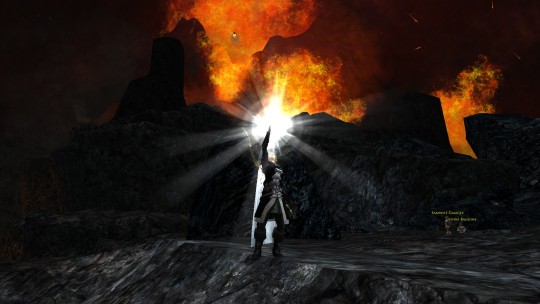
Bat-signaling the Eagles with the Phial of Galadriel! 100% the best game ever.
5 notes
·
View notes
Text
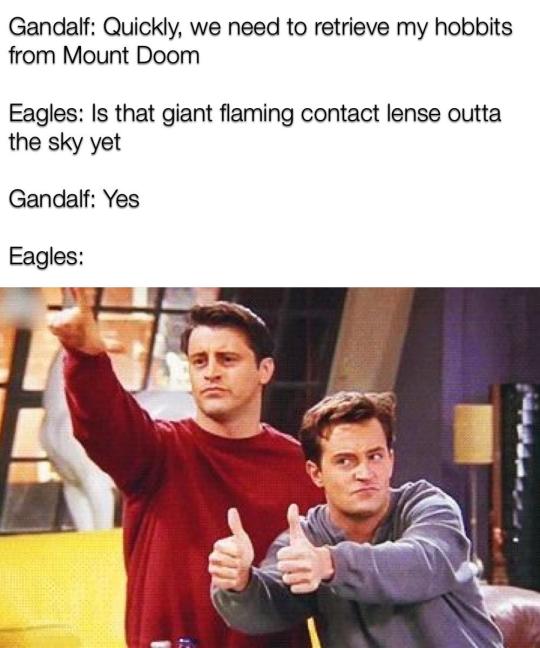
1K notes
·
View notes
Photo
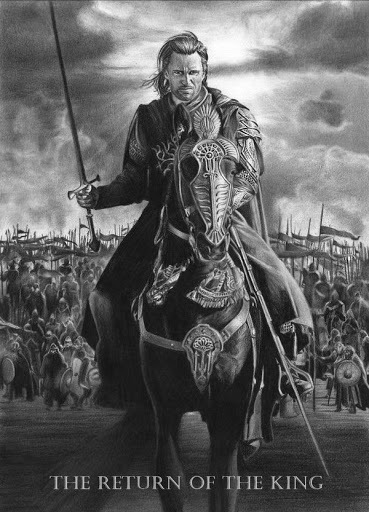
The Return of the King by D17rulez
120 notes
·
View notes
Text
LOTR-Aragorn

"Sons of Gondor, of Rohan, my brothers! I see in your eyes the same fear that would take the heart of me. A day may come when the courage of men fails, when we forsake our friends, and break all bonds of fellowship; but it is not this day! An hour of wolves, and shattered shields, when the Age of Men comes crashing down; but it is not this day! This day we fight! By all that you hold dear on this good earth, I bid you stand, Men of the West!"

#aragorn#LOTR#lord of the rings#battle of the morannon#return of the king#last battle#le seigneur des anneaux
0 notes
Text
Turn this into a gif!
If someone makes this into a gif then they will earn my eternal gratitude!
http://www.youtube.com/watch?v=EXGUNvIFTQw
0 notes
Photo
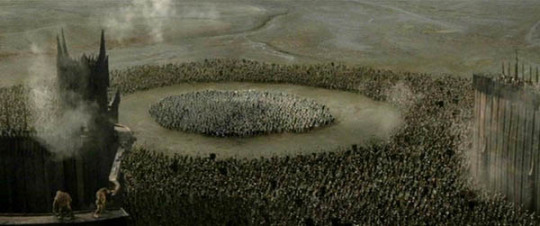
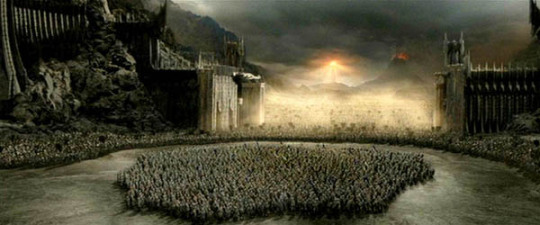
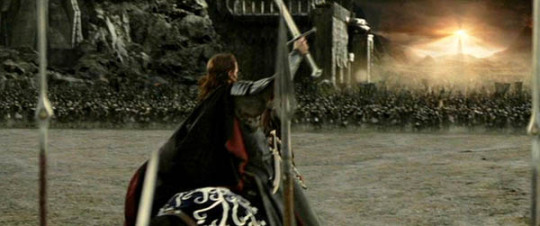
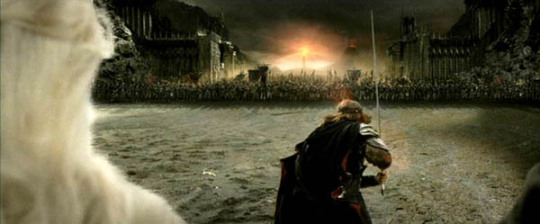
20 notes
·
View notes
Quote
Every time Aragorn gives his speech when they're in front of the Black Gate ( Battle of the Morannon), when Aragorn exclaims, "I bid you stand, Men of the West!" I get the most sinister case of goosebumps there could possibly be. Like I feel like I should be part of that battle or something.
Lord of the Rings has a weird effect on me
1 note
·
View note
Quote
"Sons of Gondor, of Rohan, my brothers! I see in your eyes the same fear that would take the heart of me. A day may come when the courage of men fails, when we forsake our friends, and break all bonds of fellowship; but it is not this day! An hour of woe, and shattered shields, when the Age of Men comes crashing down; but it is not this day! This day we fight! By all that you hold dear on this good earth, I bid you stand, Men of the West!"
Aragorn.
6 notes
·
View notes
Text
24: Favorite battle
Ah... Really?
I have a few favorites. I like them all for different reasons, so I can't really pick just one.
The Destruction of Isengard was pretty awesome, and no mistake. How many other battles in the War of the Ring were Ents and hobbits vs. Saruman and orcs? And I like the idea that the Ents were finally taking a stand in the War - even if it took them a while. Plus, the fact that it was Merry and Pippin - two little hobbits! - who stirred the Ents and helped sway the Entmoot in the right direction is pretty amazing.
I like the Battle of the Hornburg in Peter Jackson's adaptation (i.e., with the Elves of Lórien fighting with the Men [and boys] of Rohan and the Rohirrim). I hated that Haldir and so many of the Elves died. I just think it made the battle a bit more believable - I would have a hard time believing that old men and boys, with a small number of strong men, would have been able to hold off ten thousand Uruk-hai until Gandalf arrived with the Rohirrim.
The Battle of the Morannon is my third favorite. I like the concept behind it - putting everything on the line so that Frodo could have a chance to make it to Mount Doom. And the speech Aragorn gives just before it - oi!
"Sons of Gondor, of Rohan, my brothers! I see in your eyes the same fear that would take the heart of me. A day may come when the courage of men fails, when we forsake our friends, and break all bonds of fellowship; but it is not this day! An hour of woe, and shattered shields, when the Age of Men comes crashing down; but it is not this day! This day we fight! By all that you hold dear on this good earth, I bid you stand, Men of the West!"
My favorite speech in all the movies. That's saying rather a lot.
#lord of the rings#30 day challenge#destruction of isengard#battle of the hornburg#battle of the morannon#battle of the black gate#battle of helm's deep
1 note
·
View note
Photo
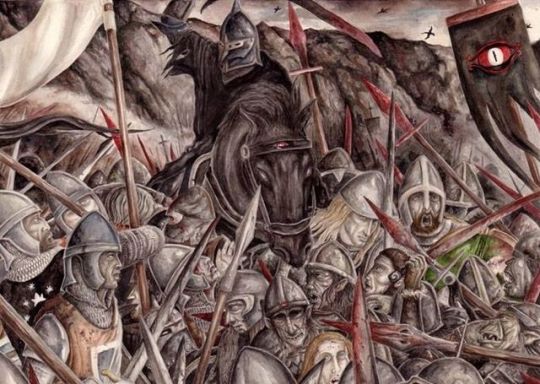
The Black Gate Opens by Peter Xavier Price
65 notes
·
View notes